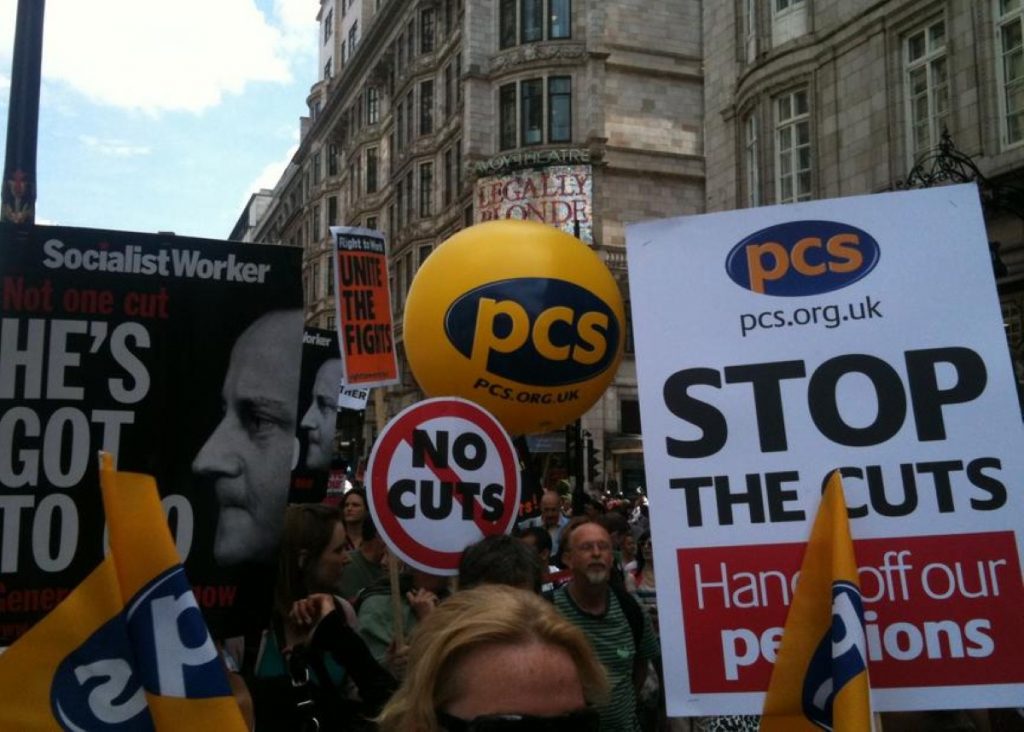Tory anti-strike laws are just their first attack on workers’ rights
The government today unveiled proposals which will make it all but impossible for many workers to ever again legally protect their pay and conditions by going on strike.
Under these plans there will be a new minimum threshold of 50% on strike ballots, plus a new time limit on any action following a ballot. Taken individually, the measures may seem reasonable to some. But they come on top of huge amounts of existing regulation which already make the UK one of the least worker-friendly countries in Europe.
As things stand, in order to launch a strike, trade unions must navigate multiple pieces of legislation minutely governing the balloting process.
These heavy restrictions mean that previous widely supported strikes have already been banned by the courts, despite receiving majority support from union members on a high turnout.


In 2010, a strike by British Airways cabin crew was backed by 92.5% of workers on an 80% turnout. Yet the courts ruled it illegal anyway because a number of workers taking voluntary redundancy had also been balloted.
As a result of these complex regulations, the number of days lost to strike action reached an all-time low back in 2012, with just 248,000 working days being lost to industrial action. This compares to an average of 12.9 million during the 1970s.
With union membership also at the lowest level since the 1940s, the idea that trade union militancy is a big issue facing the country is simply laughable.
So why are the government so keen to restrict our right to strike even further?
Part of the reason is opportunity. This is the first Tory majority government in over twenty years and the party remains hostile to the trade union movement in principle.
But the other reason is austerity. The government have already pushed through some of the biggest public sector cuts in recent history, yet it has not so far resulted in widespread strike action. The fact that the government are pushing ahead with even more restrictive anti-strike laws anyway suggests that there are far worse cuts still to come.
With some public services ring-fenced from those cuts, many other public sector workers can also expect further real-terms cuts to their own pay and conditions.
And once this new law is in place it will also be far easier for the Tories to bring forward even more restrictions on workers' rights, safe in the knowledge that it will be much harder for workers to fight against them.
Once these rights are lost they can be incredibly difficult to win back again. As things stand, the Labour party has an almost impossible hill to climb to get back into government in five years' time. If the Tories push through these restrictions to workers rights now, they could be lost for a generation, if not forever.
The Tory attack on our human rights may have been halted for now, but their attack on workers rights is set to carry on.












